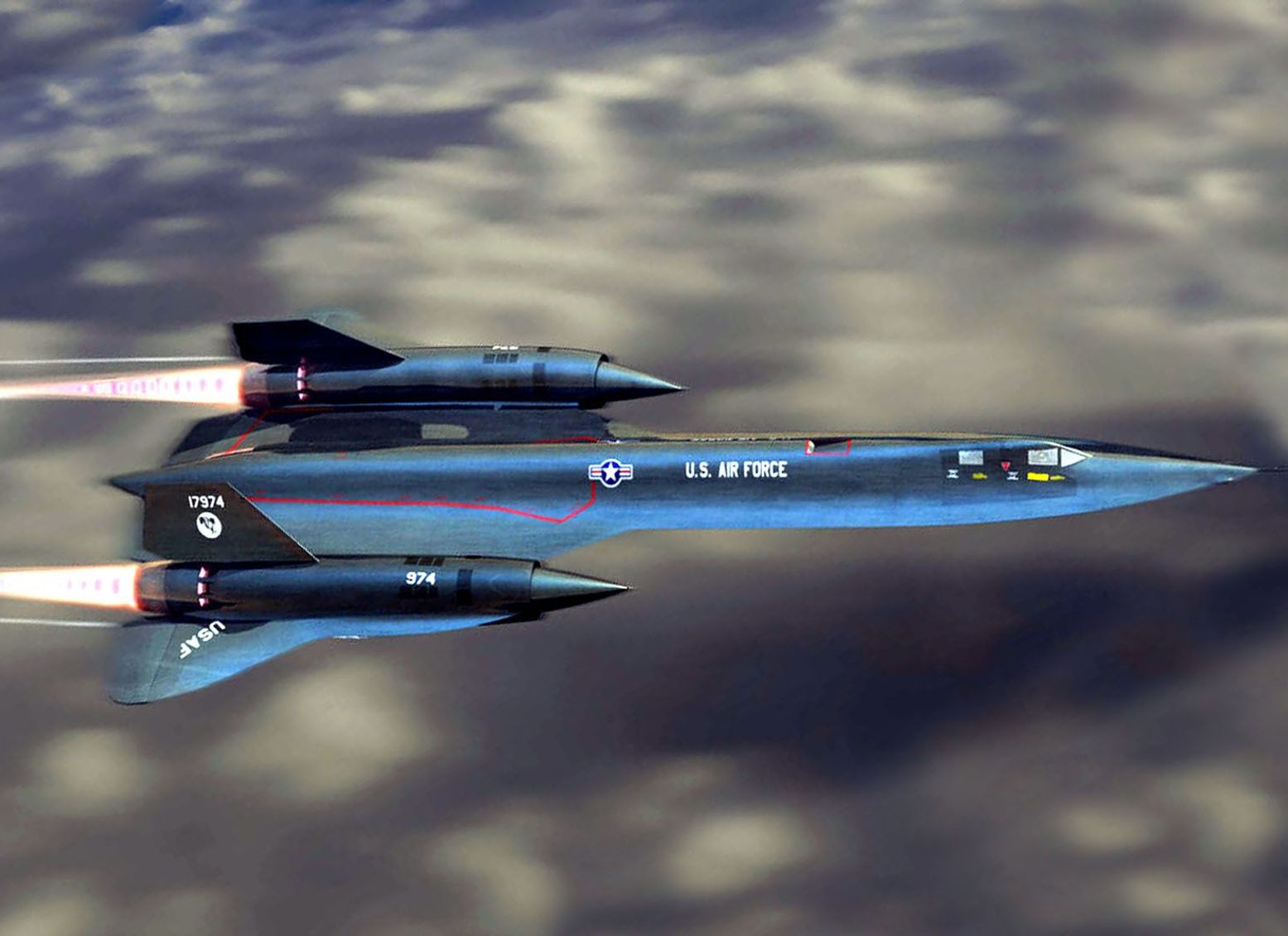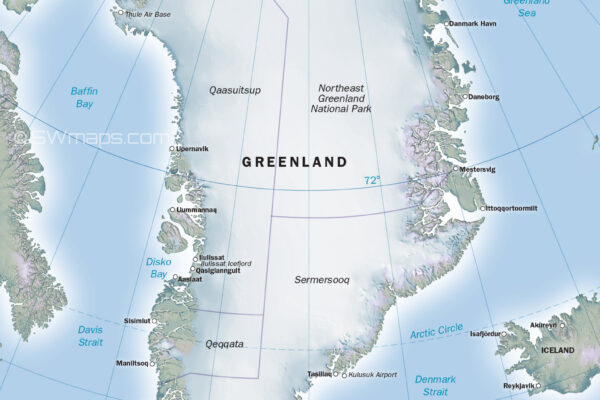
Introduction
In recent months, Russia has been at the centre of global geopolitical discussions, as its actions have implications not only for its immediate neighbours but for international relations as a whole. This article delves into recent developments involving Russia, highlighting the importance of understanding its motivations and strategies in the context of current events.
Recent Developments
Russia’s presence in global affairs has been notably marked by its military operations in Ukraine. Since the escalation of the conflict in February 2022, Russia has faced significant international sanctions from Western powers aimed at crippling its economy and isolating it diplomatically. Despite this, Russia’s leadership, under President Vladimir Putin, has remained resolute, framing the military actions as necessary for national security and the protection of Russian-speaking populations in Ukraine.
In addition to its aggressive stance in Ukraine, Russia has also strengthened ties with other nations, some of which have been traditionally at odds with Western powers. Collaborations with China and Iran have been particularly notable, with joint military exercises and economic agreements that counterbalance Western influence. These alliances serve a dual purpose: providing Russia with strategic partners and enabling these countries to bypass Western sanctions.
Impact on International Relations
Russia’s actions have led to a realignment of alliances and a re-evaluation of security strategies among several nations. NATO has seen a renewed sense of cohesion and increased military presence in Eastern Europe, while countries like Finland have applied for NATO membership in response to heightened fears over Russian aggression. This shift illustrates a significant change in the security landscape of Europe, which has not been seen since the end of the Cold War.
Furthermore, the energy crisis resulting from the sanctions against Russia has had far-reaching consequences. European countries have scrambled to find alternative energy sources, leading to a surge in prices and economic instability in the region. The ripple effects of Russia’s geopolitical manoeuvrings are expected to be felt globally, extending beyond energy markets to food security and economic growth.
Conclusion
The significance of understanding Russia’s recent geopolitical moves cannot be overstated. The ongoing conflict in Ukraine, alongside changes in international alliances and economic ramifications, highlights the complexity of global relations in the current era. As situations continue to evolve, it is crucial for the international community to remain vigilant and engaged in dialogue to mitigate tensions and seek resolutions that uphold global stability. The future, however, remains uncertain as Russia’s strategies unfold, and their implications could reshape the geopolitical landscape for years to come.
You may also like

Understanding the Significance of the Greenland Map

Current Events: What’s Happening in Iran

Djibouti: A Strategic Gateway in East Africa
SEARCH
LAST NEWS
- Remembering Wendy Richard: The Promise to Co-Star Natalie Cassidy
- How Did Anglian Water Achieve an ‘Essentials’ Rating for Mental Health Accessibility?
- Shai Hope Leads West Indies in T20 World Cup Clash Against South Africa
- What We Know About Weston McKennie: Future at Juventus and Past at Leeds
- What We Know About the Upcoming Live Nation Antitrust Trial